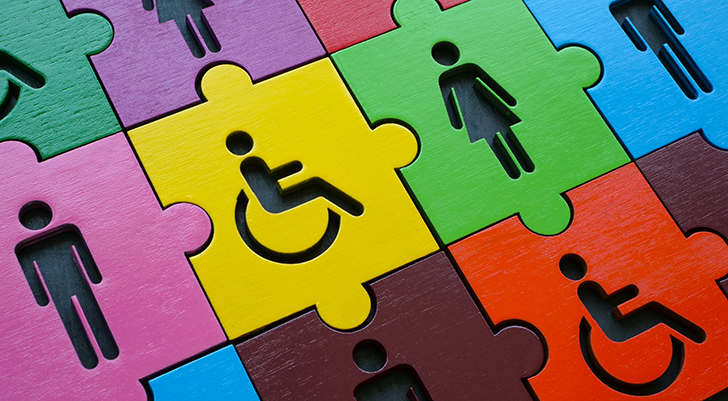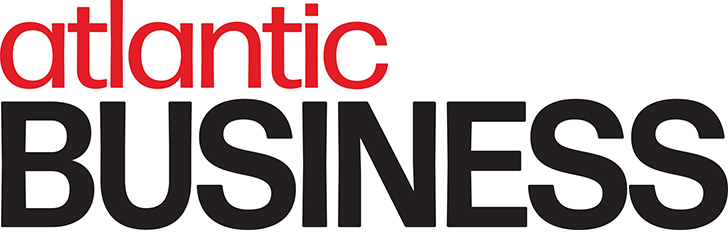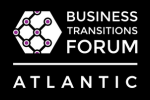
Dear ABMInsider,
Immediately after last year’s Top 50 CEO awards, I was approached by a potential corporate partner who wanted to sponsor a special award for a Black CEO. The year before that, we were asked if we could create a separate DEIA (Diversity, Equity, Inclusion and Accessibility) Top 50 category. More recently, I was approached with the idea of a special award for Top 50 women.
We declined them all.
At every Top 50 awards gala, we give out 50 CEO awards, plus Hall of Fame awards for five-time award winners, then Innovator of the Year award. We cap the evening with the CEO of the Year award. That’s a LOT of hardware.
Logistically, the last thing we need is another award—but that’s not why we turned down the DEIA requests.
To be a Top 50 CEO, you have to exemplify corporate leadership excellence at all levels: deliver organizational growth, advance your industry, give back to your community and lead by example when it comes to corporate governance and social responsibility. In other words, DEIA awareness and sensitivity is inscribed in every Top 50 CEO’s management mindset. We didn’t think it would be appropriate to create a separate DEIA award or category when that’s inherent in each award winner’s selection.
But that wasn’t why we turned down the DEIA requests either. Now, before you get the wrong idea, let me say this: DEIA is extremely important to us at Atlantic Business Magazine.

We actually have a separate Employers of Diversity program, designed to recognize Atlantic Canadian companies instituting measurable benchmarks to increase the diversity of their corporate culture. These initiatives might include diversity targets, health accommodations, flexible work options, respectful workplace policies, parental supports and other creative programs.
BTW, if your company is working to increase the presence of marginalized populations on your staff and in leadership positions—including women, Indigenous people, people of colour, people with disabilities and people from the 2SLGBTQ+ community—you really should submit a nomination.
Eligible nominees must be based in one of the four Atlantic provinces and their diversity initiatives must deliver measurable results. Nominations submitted after March 1 will be held for 2025.
Having a dedicated Diversity program is part of the reason we turned down the Top 50 DEIA requests—but only partially.

When we were criticized about not having enough women interviewed in the magazine, we told our writers to interview women whenever possible. And when we recognized that too few women were turning up in the Top 50 ranks year over year—they’re increasingly at the C-suite table but still not populating the CEO chair on an equitable basis—we created the Most Powerful Women in Business awards. In 2021, we became the first magazine in Canada to publish a story in Innu Aimun. That same issue, we also published a story in oversized text for the visually impaired.
We were the first organization in Atlantic Canada to present a regional business leadership award to a woman. Others had recognized women on a sectoral level, but we were the first to award CEO of the Year to a woman (Cathy Bennett, 2013). We were also the first to award that honour to a member of the 2SLGBTQ+ community (Mandy Rennehan, 2019) and to an Indigenous person (Chief Terry Paul, 2022). Just last month, we announced our new editorial policy: that every issue of the magazine will include at least one story about an Indigenous business in Atlantic Canada.
We did all of these things is the same reason we turned down the requests to add them as a separate Top 50 award or category.

We don’t want to isolate a Top 50 CEO for recognition specifically because of their gender, ethnicity, culture, sexual orientation or physical capacity. Our goal is to normalize the inclusion of all people—in our magazine and in the Top 50 CEO awards. We know there are exceptional BIPOC business leaders, just as there are exceptional women, persons with disabilities and folks across the entire rainbow spectrum—the challenge is to identify them and share their stories with our readers. We’re far from achieving our goal, but we are working on it.
I believe that the more people, however beautifully different they may be—male, female, black, white, immigrant, First Nations…—see themselves as part of the “norm”, the more normal their inclusion will become.
And when it comes right down to it, isn’t that the point of DEIA initiatives in the first place?
 |
Dawn Chafe Co-owner & Executive Editor dchafe@atlanticbusinessmagazine.ca |



